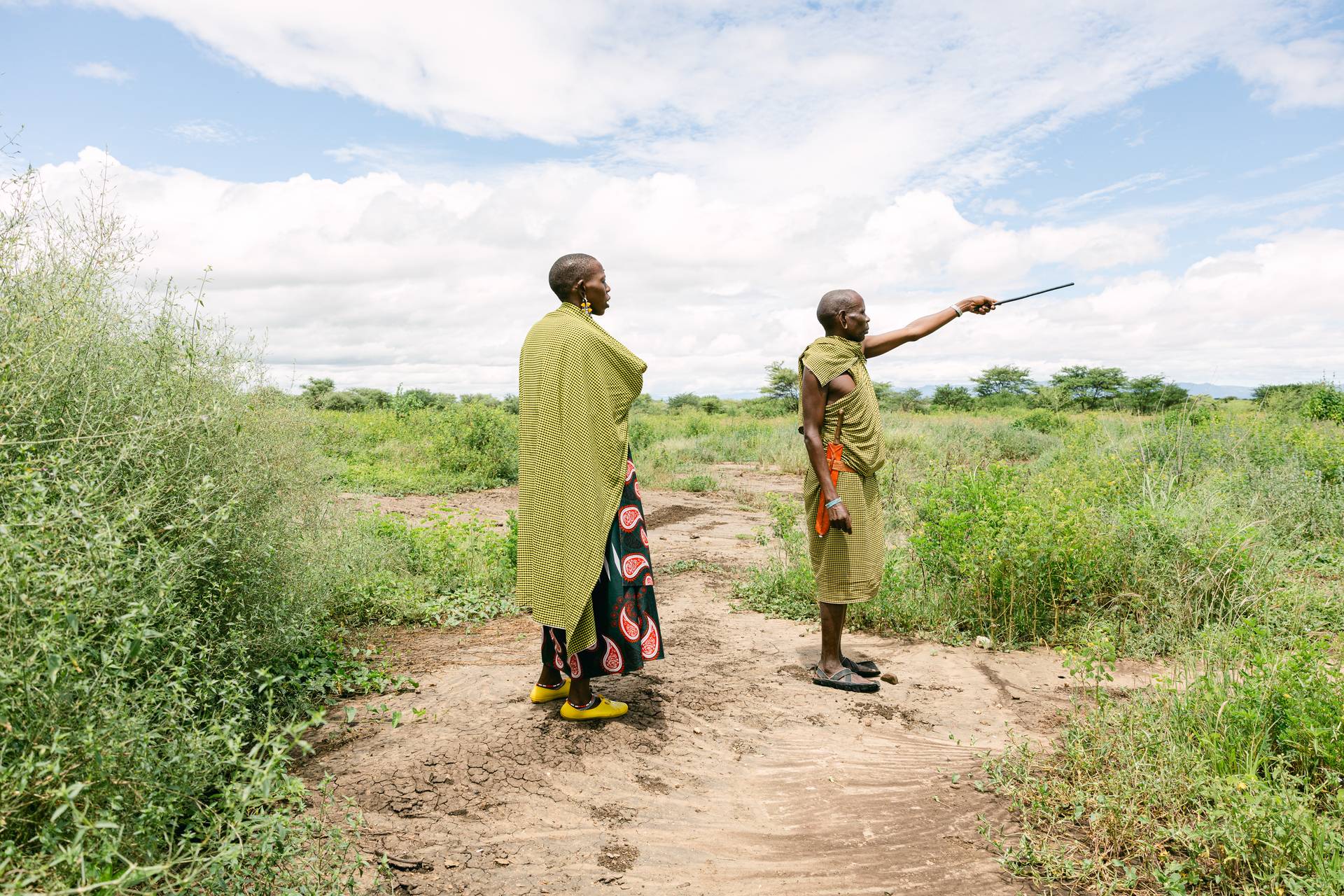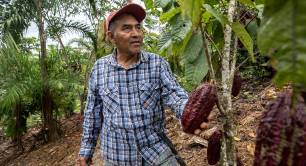The Impact World this Week: 27 June 2024
Your quick guide to the most interesting news snippets about social enterprise, impact investment and mission-driven business around the world from the Pioneers Post team. This week: a ‘historic moment’ for impact investment in Spain, ‘buy social’ success in UK, German social entrepreneurs feel neglected by politicians, and more.
UK: Almost £0.5bn has been spent on products and services supplied by UK social enterprises by some of the world’s biggest companies since 2016, according to the Buy Social Corporate Challenge Year 8 Report released 26 June. The report features findings from the Buy Social Corporate Challenge, which partners large businesses with social enterprise suppliers to increase corporate spending on impact, led by national sector body Social Enterprise UK and supported by the UK government’s Department for Culture, Media and Sport. Since its launch at Downing Street in 2016, the programme has seen a total of £477m being spent with social enterprises by 30 corporate partners including PwC, Deloitte, Johnson & Johnson, Nationwide and EY. The report also found that 2023 had the programme’s highest trading levels to date, with partners spending £123m – over a quarter of the project’s total spending – on 992 social enterprise suppliers.

UK: Seven organisations driving forward global climate solutions are being celebrated today in London at the 2024 Ashden Awards. Spanning from the UK to Nigeria, Uganda and Tanzania, the awardees’ achievements include bringing solar power and lower bills to older people in Barnsley and electric vehicles to the streets of Kampala. The London ceremony is part of London Climate Action Week. Each organisation will receive a grant of up to £25,000 to scale their impact, as well as publicity and the opportunity to connect to funders, investors and climate sector leaders. The winners are: Energise Barnsley, UK; Tepeo, UK; Wild Haweswater, UK; Gogod Electric, Uganda; Patapia, Uganda; Salpha Energy, Nigeria; and Ujaama Community Resource Team, Tanzania.
Australia: A TV show dedicated to social good kicked off a series about social enterprise last weekend. The first social enterprise episode on Helping Hands, which is broadcast on national television channels, focused on explaining social enterprise with the CEO of Social Enterprise Australia, Jess Moore, and others.
Spain: The country’s new social investment wholesaler was formally approved by the government this week. As part of the process, Spain included for the first time a definition of impact investment in its legislation, which was declared a "historic moment" by Jose Luis Ruiz de Munian, the head of SpainNAB. The Fondo de Impacto Social – or Social Impact Fund – is backed with €400m state funding and is expected to start operating in the second part of 2024. It is managed by Cofides, which was originally Spain’s development finance institution but which now has a wider remit.
Germany: 57% of German social enterprises wished politicians understood them better, according to the German Social Entrepreneurship Monitor 2024, released this week by SEND (Social Entrepreneurship Netzwerk Deutschland). The survey, published every two years, shows that more than half of social enterprises have been founded or co-founded by women, and a third have been established for more than 10 years. Nearly two-thirds measure their impact, and artificial intelligence emerges as the most relevant technology for the enterprises surveyed.
- Read about the last edition of the report: Optimistic, but impatient: Germany’s social entrepreneurs want more from government
Movers and Shakers
- The Joan Bavaria Award has been awarded to gender-lens investing pioneers Joy Anderson, president and founder of Criterion Institute, the late Suzanne Biegel, founder of Heading for Change, and Jackie VanderBrug, head of sustainability strategy for Putnam Investments, for their groundbreaking contributions to social investing. Read more about Suzanne Biegel’s Heading for Change legacy project.
New Zealand: An independent body to lead the development of social investment across New Zealand’s government will be effective from 1 July. The Social Investment Agency will help the government decide which social enterprises it needs to invest in, what works best for these businesses and how it can measure the impact created. According to social investment minister Nicola Willis, despite US$70bn of the national budget being allocated towards social services every year, there remains an evident “lack of appropriate support” for the country’s most vulnerable people, reflected through increasing welfare dependency, declining educational achievement, poorer health outcomes and rising rates of crime.



